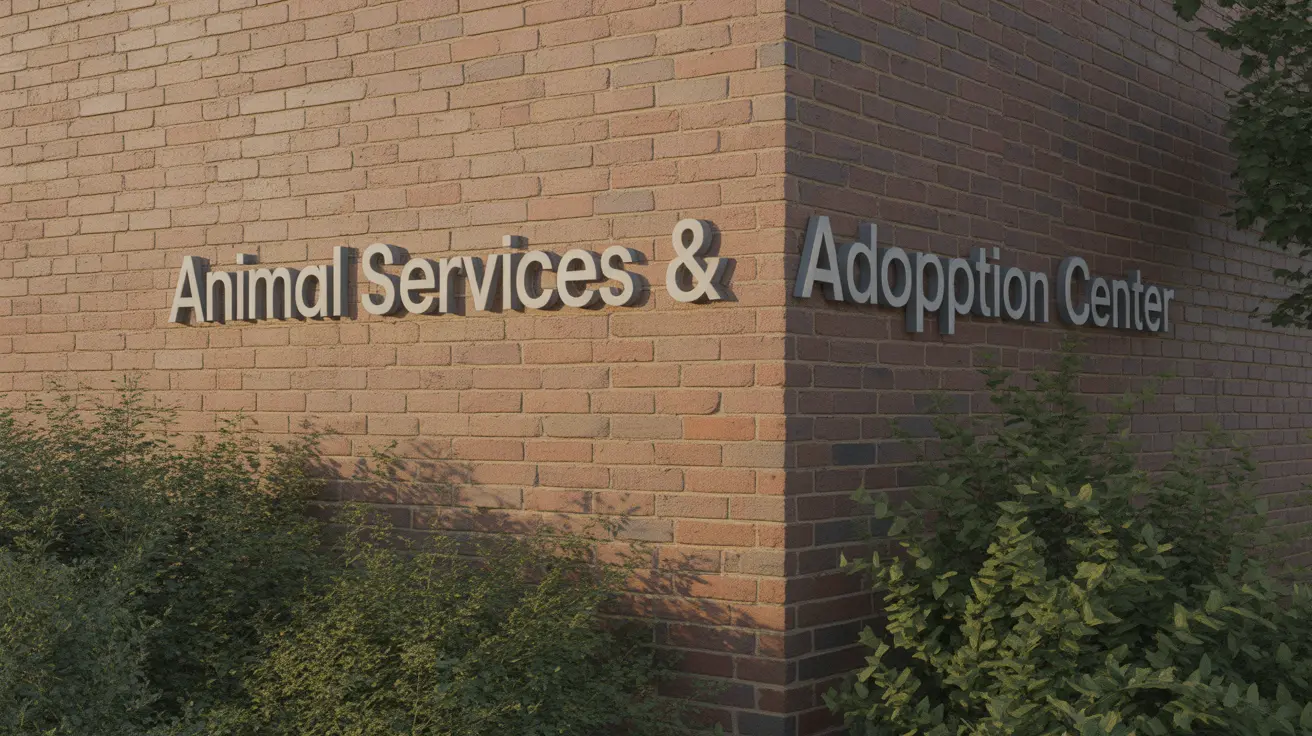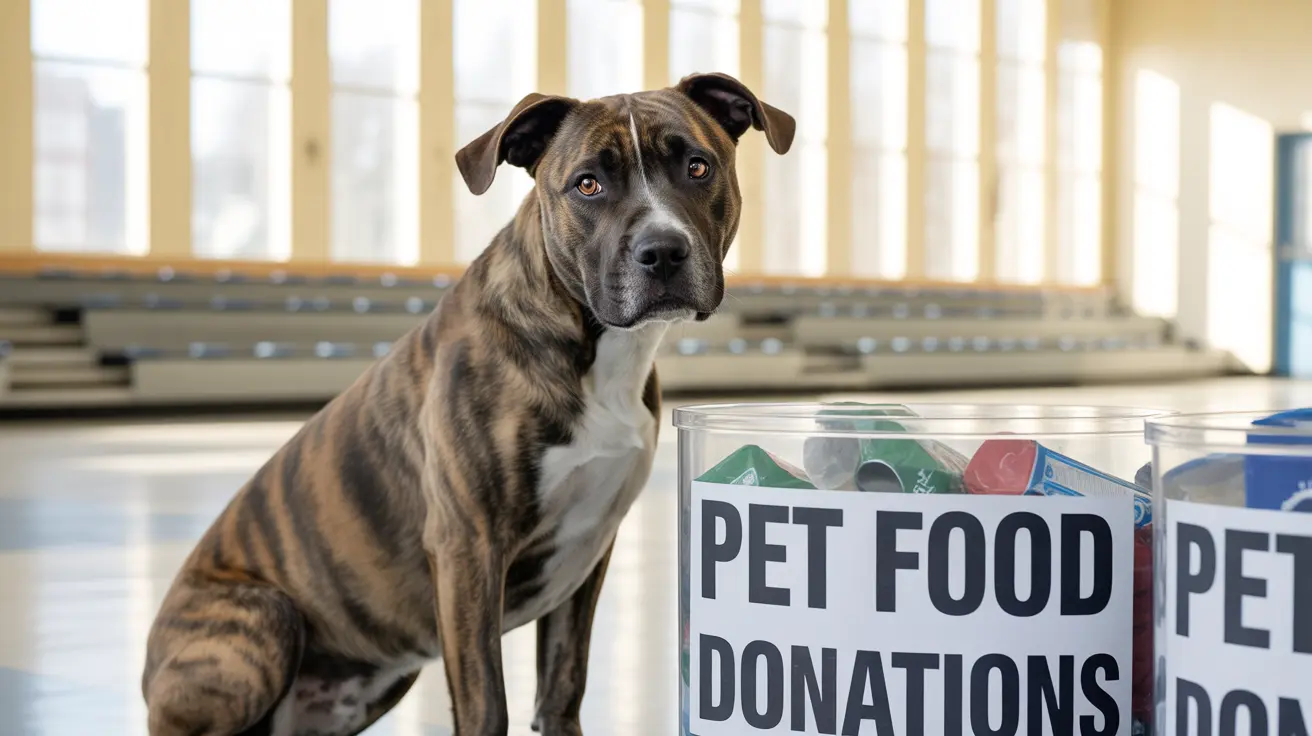What Does It Mean When a Dog Sneezes?
Dogs sneeze for a variety of reasons—some are completely normal and harmless, while others might signal health concerns. Understanding the context and nature of your dog’s sneeze can help you determine whether it's just a cute quirk or something that requires veterinary attention.
1. Playful Sneezing and Communication
One of the most endearing reasons your dog may sneeze is to express excitement and friendliness. This is especially common during play.
- Play sneezing is typically short, soft, and occurs when dogs are engaged in social or physical interactions.
- It's a way for them to communicate that their behavior is non-aggressive and friendly.
- This behavior is totally normal and doesn’t indicate any health problem.
2. Environmental Irritants
Dogs have highly sensitive nasal passages, making them prone to sneezing when exposed to certain environmental stimuli.
- Common irritants include dust, pollen, smoke, cleaning products, air fresheners, and perfumes.
- Occasional sneezing caused by such irritants is generally harmless.
- Reducing your dog’s exposure to strong odors can help prevent this kind of sneezing.
3. Allergies
Just like humans, dogs can suffer from seasonal or food allergies, which often manifest through sneezing.
- Other signs of allergies include watery eyes, itching, and excessive licking or chewing.
- If sneezing becomes regular and persistent with other symptoms, allergies could be the cause.
4. Foreign Bodies in the Nose
Outdoor dogs or those that love sniffing may occasionally get
grass, dirt, or debris lodged in their nasal passages.
- This typically causes violent and repetitive sneezing.
- Look out for signs like nasal discharge, pawing at the face, or nasal discomfort.
- Veterinary attention is needed if sneezing persists or is accompanied by these symptoms.
5. Respiratory Infections
Various infections—bacterial, viral, or fungal—may lead to sneezing and other respiratory signs.
- Symptoms may include nasal discharge, coughing, wheezing, lethargy, or facial swelling.
- Infections like kennel cough may involve sneezing along with nasal discharge.
- Prompt veterinary treatment is recommended for suspected infections.
6. Dental Issues
The roots of a dog’s upper teeth are close to the nasal cavity, so
oral infections or tooth abscesses can cause sneezing.
- This may be accompanied by a runny nose or foul-smelling breath.
- Dental care is crucial in preventing this cause of sneezing.
7. Nasal Mites
Though uncommon,
nasal mites can infect dogs—usually those who dig or sniff in dirt.
- Symptoms include intense sneezing, nasal discharge, itching, and head shaking.
- Treatment requires antiparasitic medication prescribed by a veterinarian.
8. Tumors or Polyps
In older dogs,
nasal tumors or polyps can cause chronic sneezing.
- Look for one-sided nasal discharge, nosebleeds, facial swelling, or deformity.
- These require advanced diagnostics and often surgical intervention.
9. Reverse Sneezing
Some breeds, especially
small or brachycephalic dogs like Pugs and Bulldogs, may exhibit a phenomenon called
reverse sneezing.
- It sounds like snorting or honking and can be alarming but is usually harmless.
- Common triggers include leash pulling, excitement, or strong smells.
When to Visit the Vet
Seek veterinary attention if your dog's sneezing is:
- Persistent or frequent
- Accompanied by nasal discharge, especially if bloody or thick
- Associated with facial swelling, lethargy, or fever
- Triggered by pain or discomfort
Diagnosis & Treatment
Diagnosing the cause of sneezing may involve:
- Physical examinations and patient history
- Bloodwork, imaging (X-rays, CT, MRI)
- Endoscopy or nasal flushes
Treatments vary depending on the underlying cause and can include:
- Medications (antibiotics, antifungals, or antiparasitics)
- Dental procedures
- Allergy management
- Surgical interventions for tumors or polyps
Prevention Tips
- Minimize exposure to environmental irritants and allergens.
- Conduct regular dental checkups.
- Monitor any behavioral changes or unusual symptoms.
Conclusion:
A sneeze from your dog can mean many things—from joy during play to a sign of irritation or illness. Understanding the context helps you ensure they stay happy and healthy.





